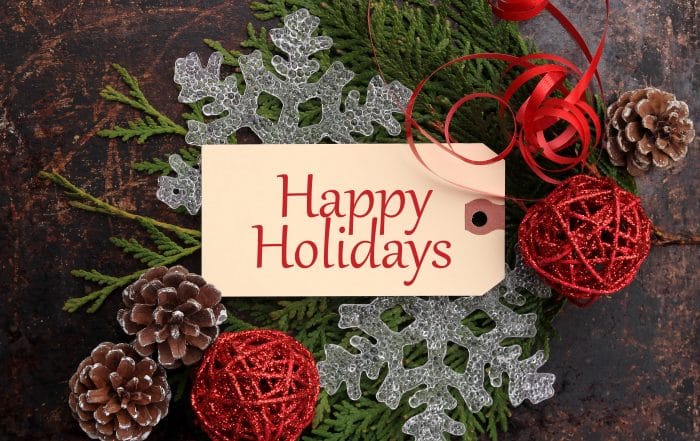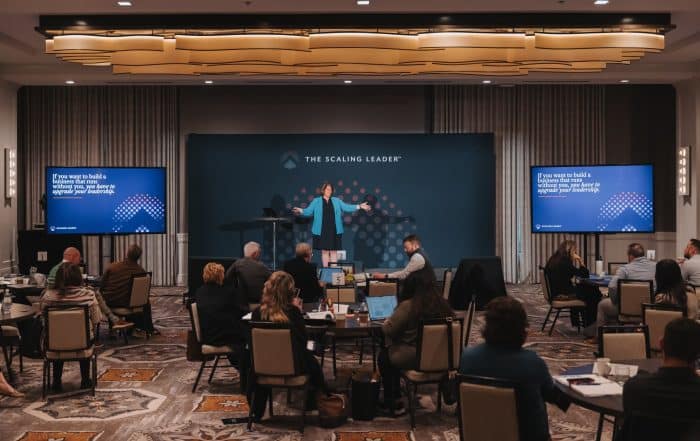It is very common for nonprofit organizations to receive non-cash gifts, also known as gifts-in-kind. These gifts can come in the form of tangible or intangible gifts. Tangible gifts include contributions of items such as clothing, furniture, equipment, and supplies. Intangible gifts include contributions such as advertising and other professional services.
Although it can be challenging to track and value non-cash gifts, difficulty in doing so is not an acceptable reason to not value them. The Financial Accounting Standards Board (FASB) ASC 958-605-30-11 states that gifts-in-kind that can be used or sold should be measured at fair value. Therefore, it is not appropriate to state in the notes of the financial statements that the value of non-cash contributions is not reflected in the financial statements because it is difficult to estimate the value.
How to Determine Fair Value
Depending on the type of non-cash gift, fair value can be easy or quite difficult to determine. Below are examples of non-cash gifts and guidance on how to value them.
- Donated items sold for fundraising purposes – The organization should recognize the donated item(s) used for fundraising purposes as a contribution and measure it at its fair value. Any difference between the items initially estimated fair value and the amount ultimately received should be recognized as an adjustment to the original contribution amount.
- Tangible donations – Another example is that a board member may donate a vehicle to their organization. Fair value for the vehicle can be found through one of the many free online vehicle valuation tools that exist.
- Gift of property or a building – Like other gifts-in-kind, gifts of long-lived assets are measured at their fair values and are recognized as contributions when received. Fair value of these assets can be determined by recent sales of similar property in the same area, appraisal, local tax assessment valuation, real estate broker estimates, or replacement costs estimates.
The examples listed above are just a few types of non-cash gifts, and each situation is unique. If you would like more information or help recording your next non-cash gift don’t hesitate to contact Forge Financial and Management Consulting, we are here to help!
ABOUT THE AUTHOR
Dan Montgomery
Relevant Posts
Learn What Your Business Needs Most to Unlock Faster Growth
Your business relies on four key areas, or centers of intelligence, to thrive. Take the free Business Intelligence Grader to see how you score across financial, leadership, productivity, and human intelligence and learn where to focus to drive greater results.
Your business relies on four key areas, or centers of intelligence, to thrive. Take the free Business Intelligence Grader to see how you score across financial, leadership, productivity, and human intelligence and learn where to focus to drive greater results.



